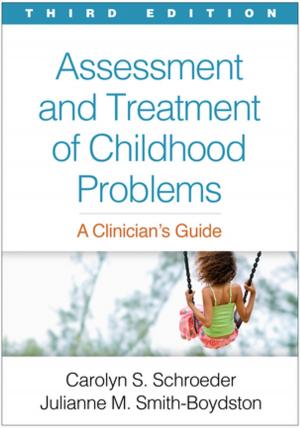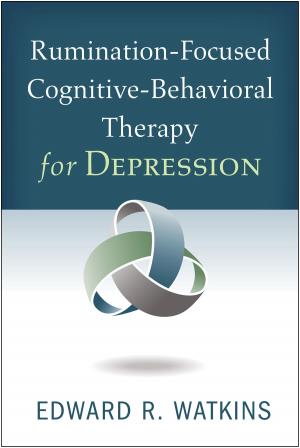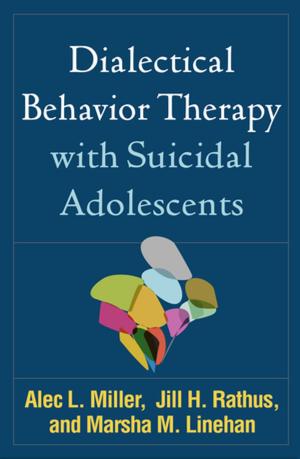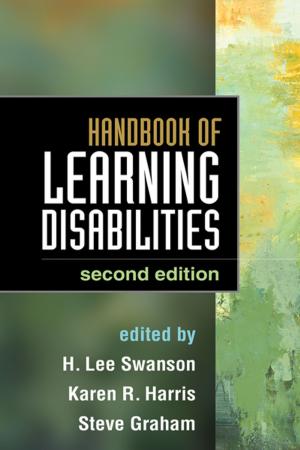Psychological Interventions for Children with Sensory Dysregulation
Nonfiction, Health & Well Being, Psychology, Psychiatry, Child & Adolescent, Child Psychology, Social & Cultural Studies, Social Science, Social Work| Author: | Ruth Goldfinger Golomb, LCPC, Suzanne Mouton-Odum, PhD | ISBN: | 9781462527045 |
| Publisher: | Guilford Publications | Publication: | July 12, 2016 |
| Imprint: | The Guilford Press | Language: | English |
| Author: | Ruth Goldfinger Golomb, LCPC, Suzanne Mouton-Odum, PhD |
| ISBN: | 9781462527045 |
| Publisher: | Guilford Publications |
| Publication: | July 12, 2016 |
| Imprint: | The Guilford Press |
| Language: | English |
Sensory processing difficulties can lead to puzzling, hard-to-treat emotional and behavioral challenges in children and adolescents. For example, children who can't filter normal background sounds may seem anxious, those oversensitive to touch may seem phobic, and those who seek sensory input may appear hyperactive. Filled with case vignettes, this highly informative guide helps mental health clinicians recognize and address sensory dysregulation that may co-occur with or be misdiagnosed as anxiety disorders, attention-deficit/hyperactivity disorder, and other psychological or behavioral problems. In rich detail, the authors illustrate how to modify cognitive-behavioral therapy and other evidence-based interventions to meet this population's unique needs and make treatment more effective. Reproducible clinical tools can be downloaded and printed in a convenient 8 1/2" x 11" size.
Sensory processing difficulties can lead to puzzling, hard-to-treat emotional and behavioral challenges in children and adolescents. For example, children who can't filter normal background sounds may seem anxious, those oversensitive to touch may seem phobic, and those who seek sensory input may appear hyperactive. Filled with case vignettes, this highly informative guide helps mental health clinicians recognize and address sensory dysregulation that may co-occur with or be misdiagnosed as anxiety disorders, attention-deficit/hyperactivity disorder, and other psychological or behavioral problems. In rich detail, the authors illustrate how to modify cognitive-behavioral therapy and other evidence-based interventions to meet this population's unique needs and make treatment more effective. Reproducible clinical tools can be downloaded and printed in a convenient 8 1/2" x 11" size.















